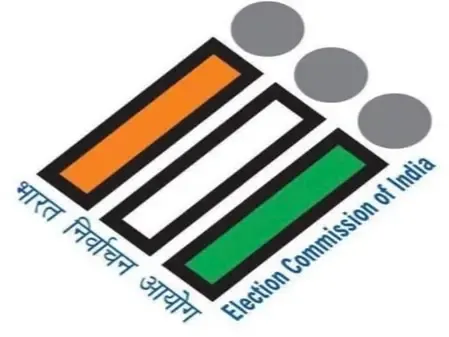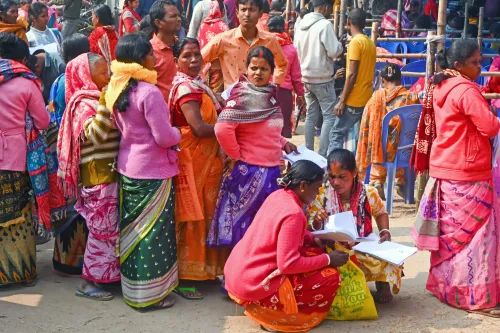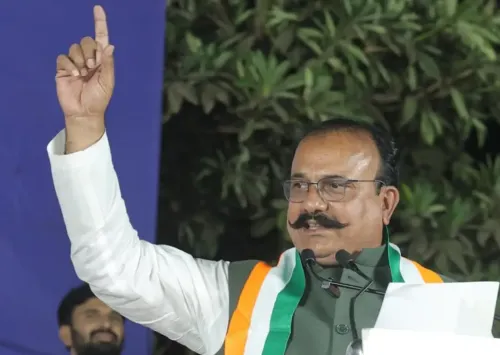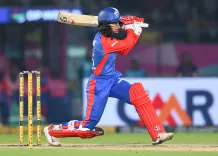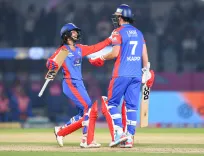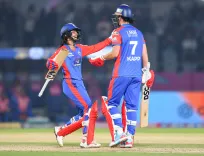Why Aren't There Any Muslim Ministers in the Centre? Rajeev Chandrasekhar Explains

Synopsis
Key Takeaways
- Political representation is influenced by voting behavior.
- The BJP views the upcoming elections as critical for change.
- Absence of Muslim ministers in the Union Cabinet signifies a larger trend.
- Chandrasekhar calls for a reevaluation of political alliances by the Muslim community.
- Kerala's governance could benefit from a 'double-engine government.'
Kozhikode, Nov 26 (NationPress) The President of Kerala BJP, Rajeev Chandrasekhar, ignited a significant political discussion on Wednesday by connecting the absence of Muslim representation in the Parliament and the Union Cabinet to their voting habits. During a ‘Meet the Press’ session hosted by the Kozhikode Press Club, he remarked that the lack of Muslim ministers at the national level is largely due to the fact that Muslims do not cast their votes in favor of the BJP.
“A Muslim MP can only emerge if Muslims choose to vote for the BJP. Without an MP, how can there be a Muslim minister?” he inquired.
Chandrasekhar pressed on, questioning the tangible benefits the Muslim community has accrued from their continuous support for the Congress party.
“What have Muslims truly gained from their allegiance to the Congress? If they refuse to support the BJP, how can they demand representation?” he challenged.
He posited that should the Muslims of Kozhikode opt to vote for the BJP, it could lead to the election of a Muslim MP from the area, thereby creating ministerial possibilities.
He asserted that political representation is determined by electoral choices, not by mere expectation.
Chandrasekhar also underscored that the BJP views the forthcoming election not as a mere preliminary but as a decisive confrontation.
He articulated that the party aims for not just a change in regime in Kerala but a radical shift in governance.
According to him, a staggering 95 percent of development initiatives in Kerala are financed by the Central government, while the state government purportedly mismanages fund allocation.
What Kerala requires at this juncture, he stated, is a “double-engine government.”
At present, the Union Cabinet lacks any ministers from the Muslim community.
For the first time since achieving Independence, there is no Muslim MP in the Cabinet, and no NDA alliance candidate from the Muslim community secured a seat in the 18th Lok Sabha.
Previously, during the Modi administration, Mukhtar Abbas Naqvi served as the sole Muslim minister.
Chandrasekhar's comments come as Kerala prepares for local body elections on December 9 and 11, with Union Home Minister Amit Shah tasking the state president to boost the BJP's vote share from the existing 16 percent to 25 percent.


